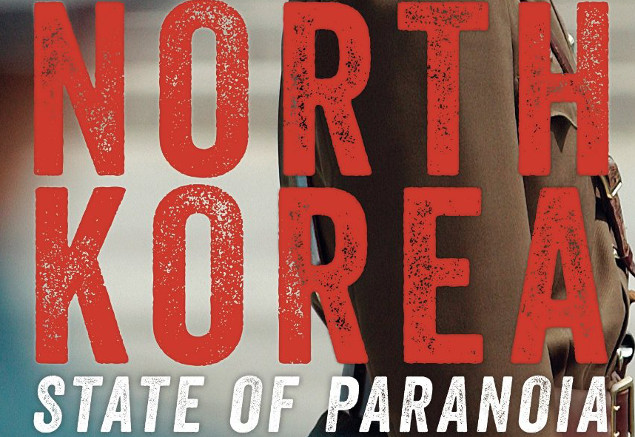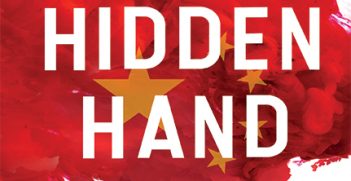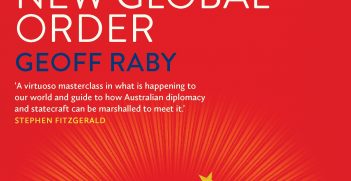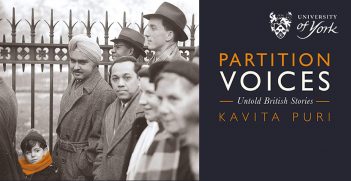North Korea: State of Paranoia

Scholarship on North Korea tends to be done, mostly, by seasoned journalists and members of the diplomatic community, speaking to the bias that proximity to a source often trumps all other avenues of knowledge. While recent academic advances recognise that the globalised world is slowly infiltrating the country, for most commentators the autopilot button still presses Iron Curtain politics.
Paul French’s North Korea: State of Paranoia follows both of these paths. Having written business columns for Access Asia, he has institutional knowledge of both Koreas and the broader region, giving him a longitudinal perspective which helps his book become not just another act of stereotyping the ‘Hermit Kingdom’. Concurrent with that, however, is an undertone of market triumphalism – understandable, one could argue, given his profession – that occasionally clouds a genuine attempt to engage and enhance Peninsula studies.
The title itself unintentionally observes a double reading of North Korea, though one that French rarely converses with. Yes it is a paranoid State, no argument. It is a ‘garrison’ state that was under Japanese imperial control and then divided by world powers, against its wishes, at the end of the Second World War. It now has tens of thousands of American soldiers and their assets on its doorstep. Additionally, a retreating second world and a belligerent first world surround it. French has done a good job in attempting to re-contextualise paranoia; however, he has a reluctance to point the finger at western policy regarding the North. This is the true, historical source of the paranoia. In the classic defence-offence playbook, North Korea has very few moves left and it is wisely squirreling them away for future rainy days.
Echoing Oberdorfer’s classic studies of the Korean Peninsula, French rightly asserts that a key problem in North Korean-US relations is the concept of afterthought. North Korea has never rated high enough on the foreign policy richter scale for a sustained period. This has hampered serious engagement, encouraging cycles of isolation followed by megaphone diplomacy. French has managed to stuff an impressive amount of detail into a fairly succinct book, at odds with the recent “doorstop” tomes of Oberdorfer/Carlin and Martin.
For those interested in more than just defector literature, North Korea: State of Paranoia offers the juxtaposition of personal switchboard operators and the details of advanced nuclear weaponry. But when it is North Korea, all extremes are considered as evidence that pre-judges a difficult regime. Such extremes are never reflected back upon the narrator regarding their own lived experience glaring inequality and mass surveillance also occurs throughout the western world. Yes, Pyongyang relies on a familial panopticon to help maintain the Kim dynasty’s survival. Yes, as French would argue, there are Orwellian aspects to it – the paranoia is regrettable. The argument that academics such as Bruce Cumings or Denny Roy have made previously is that not enough work is done to truly understand it. In discussing the ‘politics of famine’ (in a way not dissimilar to Amartya Sen’s contestation that famines mainly occur under authoritarian rule), within a paragraph he manages to link Kim Il Sung, Mao Zedong and Pol Pot. French shows that the liberal democratic bias is impossible to resist. Regardless of its many strengths the book’s lens is too thick to uncover the real truth of a paranoid North Korea. It’s easy to exhibit triumphalism when it comes to North Korea, though in many aspects this is a worthy addition to the field of Korean studies.
Paul French, North Korea: State of Paranoia, Zed Books, New York, 2014
Richard Vogt is a Masters of Research candidate at Macquarie University. His thesis is focused on issues Of American narratives constructing North Korea, and the political use of memory.





